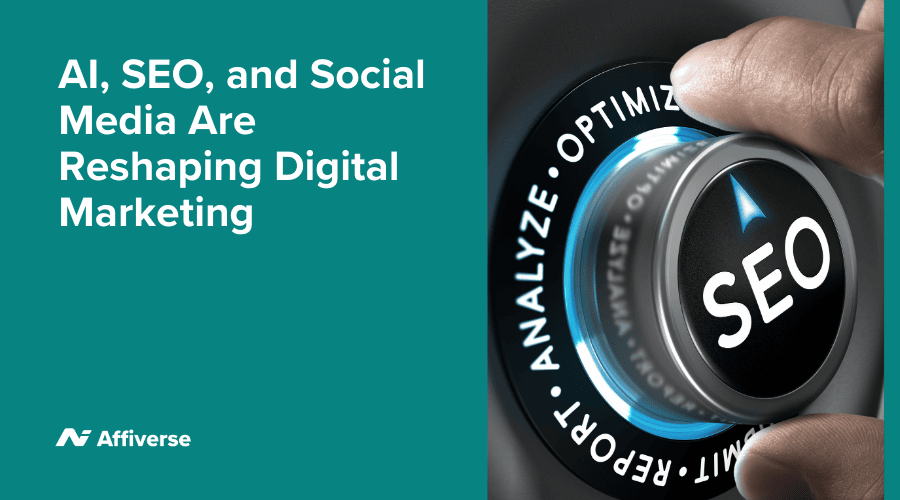AI, SEO, and Social Media Are Reshaping Digital Marketing

Marketing isn’t what it used to be. Strategies that worked a few years ago no longer get the same results. Businesses that want to stay ahead are using AI, SEO, and social media in smarter ways – automating tasks, creating more relevant content, and reaching people where they spend most of their time.
AI Is Changing the Way Businesses Market
Artificial intelligence is more than just a tool for writing blog posts or generating ad copy. It’s now shaping how companies interact with customers, predict buying behaviour, and make marketing more efficient.
Chatbots powered by AI handle customer service without human involvement. They answer common questions, recommend products, and guide users through purchases – whether it’s midday or midnight. Companies no longer need large support teams to manage these interactions.
AI also makes advertising more precise. Instead of spending money showing ads to random users, businesses use machine learning to target people most likely to buy. AI analyses browsing history, past purchases, and engagement patterns, helping companies adjust campaigns in real time.
Personalisation is another area where AI is making a difference. Instead of sending the same generic emails or product recommendations to everyone, AI tailors content based on what customers actually want. This makes marketing feel less like spam and more like a helpful suggestion.
SEO Is More Than Just Keywords
Search engine optimisation has changed. There was a time when stuffing a page with keywords could get it to rank higher. That doesn’t work anymore.
Search engines now prioritise pages that answer real questions and keep visitors engaged. Businesses that focus on writing useful, well-structured content are the ones that see long-term success.
Google is also paying more attention to user experience. If a website is slow, difficult to navigate, or full of pop-ups, it won’t rank as well, even if the content is strong. Mobile-friendliness is just as important. With more searches happening on phones, websites that don’t work well on smaller screens risk falling behind.
Voice search is another factor. More people are using smart assistants to search for information. Instead of typing “running shoes”they might ask, “What are the best running shoes for beginners?”
Websites optimised for conversational queries have a better chance of appearing in these results.
Short Videos Are Dominating Social Media
Social media is still one of the best ways to reach customers, but the format has changed. Long posts and static images don’t grab attention the way they used to. Short videos, especially on platforms like TikTok, Instagram Reels, and YouTube Shorts, are getting more engagement than anything else.
Brands that succeed here aren’t just selling products – they’re creating content people want to watch. This means entertainment, education, or storytelling rather than direct advertising. A well-crafted short video can stop someone mid-scroll and get them to engage in a way that traditional ads can’t.
Influencer marketing has also shifted. Instead of focusing on celebrities with millions of followers, businesses are working with micro-influencers – people who have smaller but highly engaged audiences. These influencers often feel more relatable to their followers, which leads to higher trust and conversion rates.
AI is also helping brands stay ahead of trends. Companies no longer have to guess what will go viral next – AI can analyse what’s gaining traction and suggest content ideas before a trend explodes. This keeps brands relevant and ensures they don’t fall behind their competitors.
Bringing It All Together
AI, SEO, and social media aren’t separate strategies. They work best when used together.
AI helps businesses understand what their audience is searching for and what kind of content they engage with. SEO ensures that content gets found in search results, bringing in new traffic. Social media amplifies the message, reaching more people through videos, influencer collaborations, and trending topics.
Businesses that still rely on outdated methods will struggle to compete. Those that embrace these changes and use technology to work smarter will stay ahead. Marketing is shifting fast, and companies that adapt will be the ones that see the biggest success.






